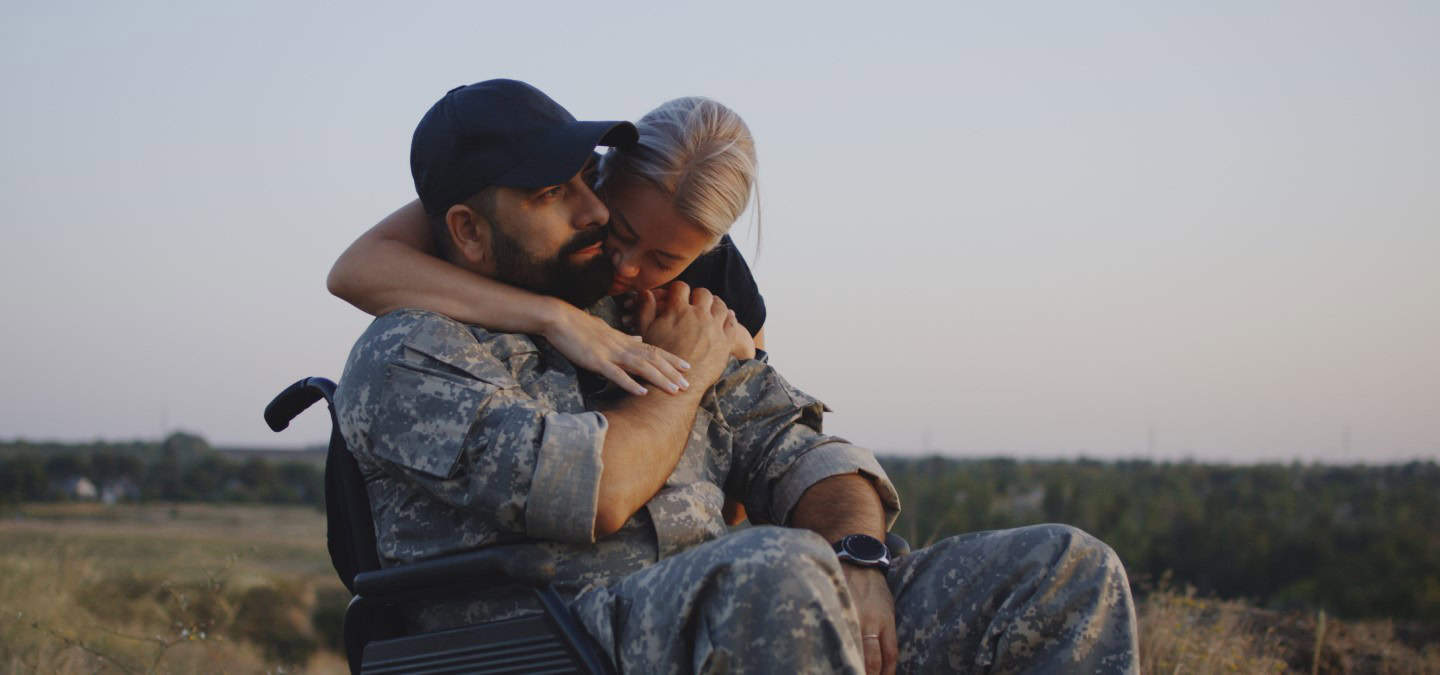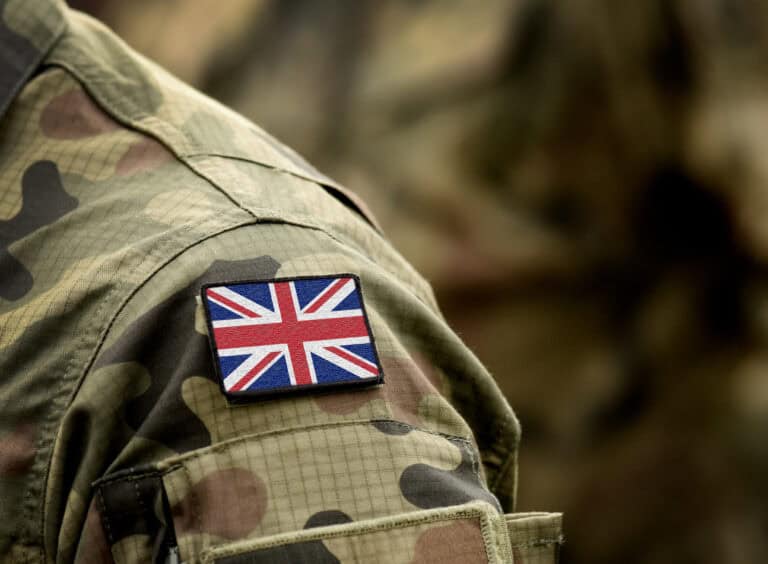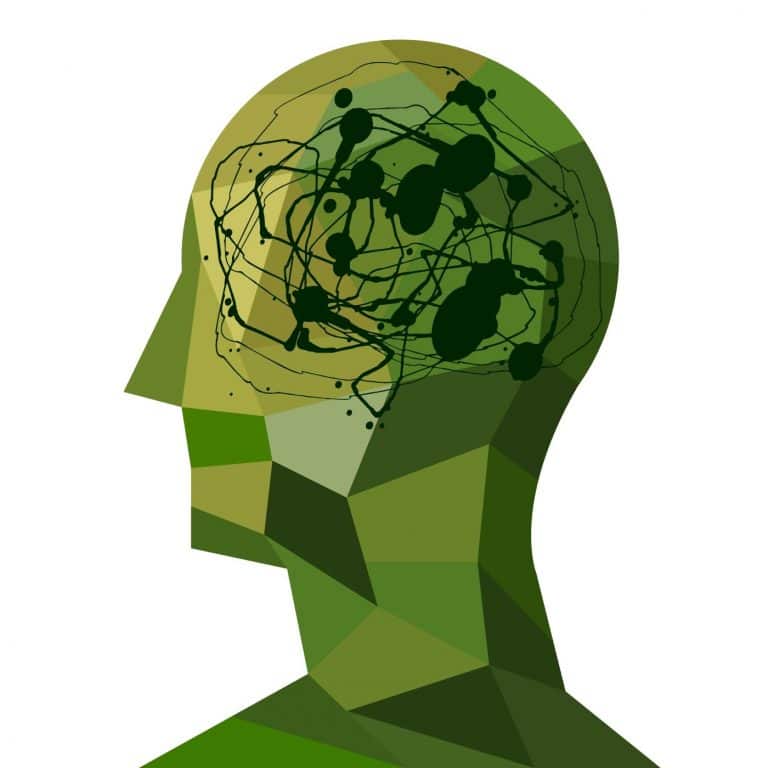
How carers help our service personnel
Carers Week 2020 is an opportunity to acknowledge the vital contributions that carers make to their families and communities. As a military claims specialist, I see on a first hand basis just how important this type of support can be to injured service personnel, whether from partners, family members or friends.
According to Carers UK, in the UK, 1 in 8 adults (around 6.5 million people) are carers. Many people with caring responsibilities don’t think of themselves as carers and so can miss out on accessing much needed support. According to Carers Week 2020:
A carer is someone who provides unpaid care and support to a family member or friend who has a disability, mental or physical illness, substance misuse issue, or who needs extra help as they grow older.
In the majority of military injury claims, service personnel will need help with their day to day activities whilst they recover from their injuries. For some, the need for extra help will be lifelong. More often than not, this additional care and assistance is provided for free by friends or family members. In civil claims this is referred to as “gratuitous care” and can form part of a claim for compensation where there has been an accident or medical negligence.
Types of gratuitous care
The most common examples are found when someone is recovering from a physical injury and may need help with certain activities. These can include cooking; washing and dressing; cleaning; childcare; DIY; and gardening.
The amount of care and how long it is needed for will vary, depending on the nature of the injury, the recovery time and the limitations the injury has placed on that person’s abilities. Compensation can only be claimed for care and assistance that is provided “over and above” the usual amount given in ordinary family life. In the most serious cases, professional care may be needed on an ongoing basis.
How different military injuries might impact the care needed
- NFCI
Non Freezing Cold Injury (NFCI) is a military injury caused by exposure to cold weather conditions without adequate protection and can lead to permanent nerve damage, usually to the hands and feet. It may affect an individual’s ability to walk, carry certain items, for example heavy shopping bags and undertake many routine daily and household tasks safely. In many cases there will never be a full physical recovery. The help of partners or other family members is often vital and this extra time can usually be included in a claim for compensation.
For more information about NFCI and whether you might have a claim, please see our recent blogs:
Non-Freezing Cold Injury: The invisible enemy
Non-Freezing Cold Injury (NFCI): an invisible injury with life changing consequences
- PTSD
By contrast, in military claims involving Post Traumatic Stress Disorder (PTSD), an invisible injury, for example following a sexual assault or bullying, we see friends or family step up to provide crucial emotional and practical support. Daily tasks, such as making appointments, taking medication or getting to and from therapy are often only manageable with this extra support. The time spent doing this can also form part of a claim for compensation.
To find out more about potential claims if you have PTSD please see our blog:
PTSD: An introduction and guide for military personnel
Claiming care and assistance
All claims for care and assistance in personal injury or medical negligence cases need to be supported by evidence, which is usually in the form of witness statements from those providing the care. It can help for those who find themselves in the position of carer to their loved one, to keep diaries of the additional help which they are providing, which will in turn help us to calculate the past care claim.
A claim for gratuitous care is calculated by estimating the number of hours spent on various tasks and then applying an hourly rate based on commercial care rates. A discount of 25% is usually applied to reflect the fact that friends and family members are not professional carers.
Medical experts will also provide guidance on whether it is reasonable to claim for extra care and assistance in each particular case and in cases involving the most serious injuries a care expert will be involved to provide recommendations and estimated costs.
Self care
It is very important, when life has changed for you and your loved one, that you take time out for self-care. Unexpectedly becoming a carer can be very overwhelming and, particularly when care is needed over a longer term basis, it is something that you need to take time to adjust to, and carefully think about where you can find time to carve out space for yourself, and how. Sometimes that might involve calling on other friends or family to help you, it might involve some professional paid care to give you respite. One thing is very much true, the time you take for self-care will inject more patience, strength and resilience into the situation you are all facing.









